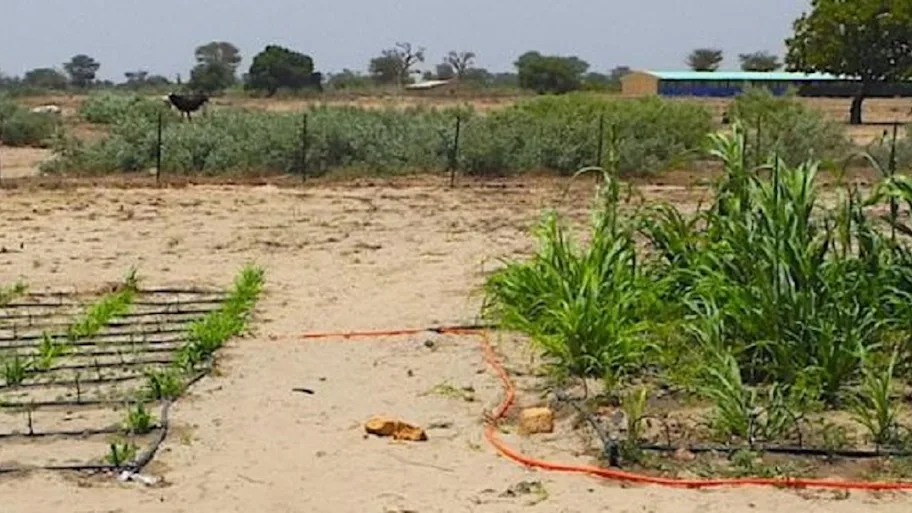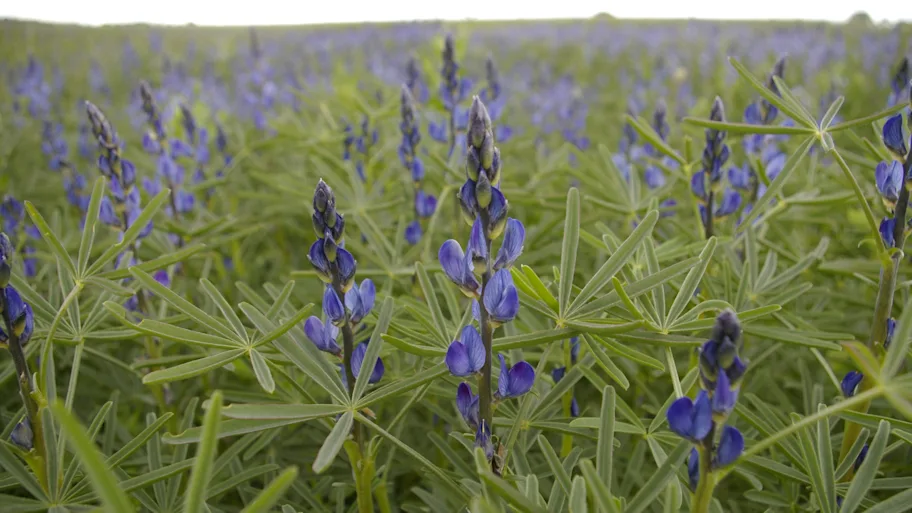
- Science news
- Sustainability
- Don’t fear GM crops, they could help solve the sustainability crisis
Don’t fear GM crops, they could help solve the sustainability crisis
by Emily Barker, Frontiersin.org
Modified crops are nothing to be scared of and could be essential in solving the global sustainability crisis, explained Dr. James Lloyd, Deputy Field Chief Editor for Plant Biotechnology in the open-access journal Frontiers in Planet Science.
Much of southern Africa is currently suffering consecutive seasons of drought, and farmers in Eastern Kenya have lost more than 80% of their crops due to lack of rain.
These droughts, caused by climate change, could potentially leave 36m people across Africa facing hunger. However, there is hope in drought resistant crops.
Over a five-year period, a total of 2.9 million farmers in 13 African countries saw their yields increase by 20% to 30% after sowing a variety of drought-tolerant hybrids.
“I think that using this type of technology has huge potential to increase crop yields and I would be optimistic that we can increase food production as we need to in the next years or so,” he added.
Making modified starch more ecofriendly
Dr. Lloyd and his team, who are based in South Africa, have currently been working on increasing the amount of phosphate that’s bound to starch by manipulating plant genes. Modified starch is used by the paper and food industry, and in Europe alone is predicted to be worth $2.89 billion by 2020.
“A lot of starch is modified by nasty chemicals. If we can remove those processes by altering it in the plant then we can rid of a load of those environmentally damaging processes,” he explained.
“At the moment most starch used by industry doesn’t have any phosphate on it. There are some plants that have a high level of phosphate and we’ve managed to increase this to even greater amounts.”
He explained he would love to see these products come to market.
Feeding a hungry world
Modified crops also have the potential to tackle a possible impending food crisis. The world currently has a population of seven billion and that is estimated to rise to over nine billion by 2050.
“Clearly we are going to have to produce more food on less land;” he said; “We have to try to make plants that can help small scale farmers use less land to produce crops, while at the same time still producing increased yields and this is why plant biotechnology is important.”
Genetically modified (GM) crops have had a bad media image, but he explained there was no need to fear them. He himself is involved in some of the processes for getting them legalized.
“They are perfectly safe. They go through a huge process of scrutiny by highly trained people. We can demonstrate that all the GM crops coming to market are essentially identical to the crops that would be preceded by conventional plant breeding in terms of safety,” he added.
Recently the EU spent more than 200m euros funding independent research to examine the safety of GM plants and concluded that they were as safe as non GM crops.
Further author biography and related research articles available via Loop.






